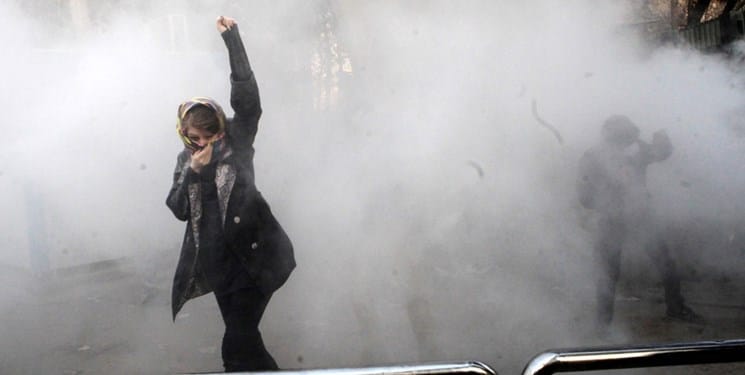Zionist Think Tank acknowledges the inability of Israel to overthrow the Iranian regime.
A Zionist think tank, referring to some characteristics of Iranian society, admitted that subversion is not possible in Iran.
A Zionist think tank, referring to some characteristics of Iranian society, admitted that subversion is not possible in Iran.
The analysis of a security think tank of the Zionist regime shows that the institutions, media and intellectual circles of this regime consider the overthrow of the Islamic Republic of Iran to be impossible due to the characteristics of the Iranian society.
The Israel Security Studies Institute (INSS) recently investigated the possibility of regime change in Iran in a report and wrote that about 70% of Iran’s society consists of pragmatic and traditional strata, without their participation, any attempt to change the government will not succeed.
In this analysis, INSS has also stated that trying to change the government in Iran will not be possible only with the participation of liberal classes and Iranians in exile living abroad.
Commenting on this INSS article, the Jerusalem Post has described it as one of the most comprehensive and up-to-date analyses of the “social mosaic of Iranian society”, especially after the unrest of September 2022. This article was written by “Raz Zimat”, an analyst of Iran issues at the INSS think tank.
Zimmet notes that officials and organizations in America and Israel usually tend to define themselves in the front of “Western-oriented and pro-Israel secular organizations that want a revolution in Iran.”
He considered this issue to be obvious and natural, but it is not clear that such groups have the necessary capacity to have a positive effect on the developments.
“The possibility of political change in Iran largely depends on the ability to create an inclusive coalition with the presence of different strata with diverse views,” writes Zimmet.
He then points out: “A significant weakness in the recent wave of protests was the absence of different social and economic strata, including workers in important industries and service sectors. These groups refused to participate in the demonstrations, which were mostly made up of teenagers and university students.
He adds: “Challenging the stability of the regime requires the formation of a national coalition. This coalition should be able to create alliances between different groups and, for example, be able to place workers and pensioners who prioritize economic improvement and social equality alongside political elite groups such as students who seek political and civil liberties.
Zimet also noted that Iran is made up of a diverse population including people with deep religious beliefs and secular people. He writes: “Iran’s population includes critics, supporters and opponents of the regime; Among the crowd are both young liberal students and radical anti-Western people; “Iranian society includes both the educated middle classes in the city who want change and the lower classes who prefer to maintain the status quo, especially without resorting to violence and revolutionary methods.”
He further noted: “A simplistic analysis that does not take into account the diversity of Iranian society will be a formula for wrong assessments, which often leads to the adoption of wrong strategies.”
Zimet admitted that in the past years, Israel did not hide its intention to undermine stability in Iran.
At the end of 2021, the security institutions of Israel and the security institutions of this regime designed a strategy in which it was claimed that the pressure from the Iranian people could affect the decisions of the Iranian government officials regarding the nuclear program. This claim was made after a cyber attack that caused a disruption in fuel supply inside Iran.
“The idea was that the long lines at the gas station might lead wealthy residents of northern Tehran to pressure the government to give up its nuclear ambitions,” writes this Iranian affairs analyst.
However, this strategy has proven ineffective.

